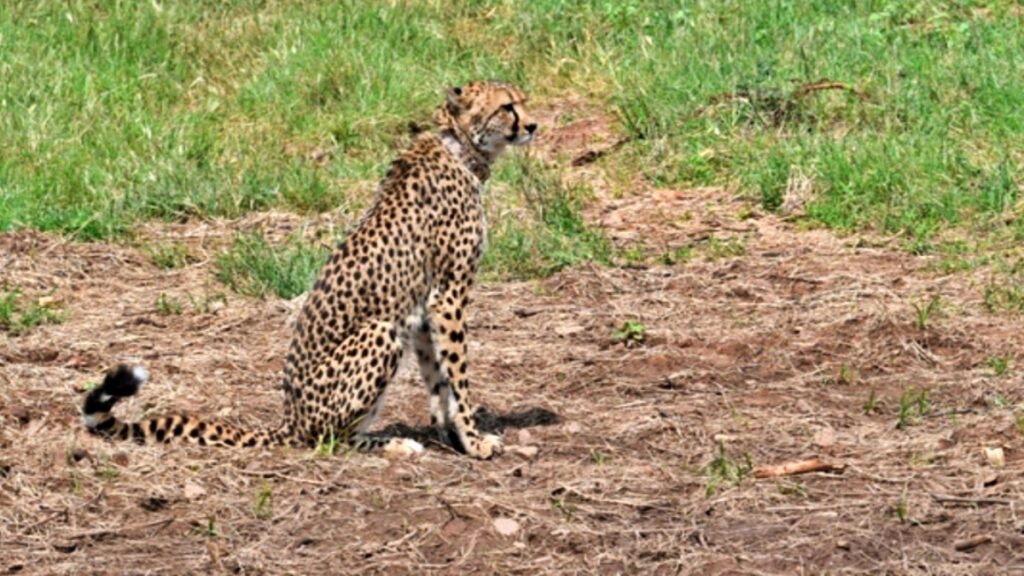
New Delhi: A year ago, Prime Minister Narendra Modi launched a historic project to reintroduce cheetahs in India, where they had gone extinct in the 1950s. The project, dubbed Project Cheetah, involved bringing 20 cheetahs from Namibia and South Africa and releasing them in the Kuno National Park in Madhya Pradesh. The project aimed to establish a viable population of cheetahs in India and restore the ecological balance of the grasslands.
However, the project was not without its difficulties and setbacks. Out of the 20 cheetahs brought to Kuno, nine have died in the past year due to various causes. Some succumbed to infections, some to organ failure, some to injuries, and some to heat stress. In May, three out of four cubs born to a female cheetah died due to extreme heat and dehydration. The surviving cub is being hand-reared by the park staff for future release.
Despite these losses, the government claimed that the project was successful and on track. In a report released on Sunday, the government said that Project Cheetah had achieved four out of the six short-term success criteria set by the Cheetah Action Plan published last year. These criteria included 50 percent survival of cheetahs, the establishment of a home range, the birth of cubs, and the involvement of local communities.
The report said that the cheetahs released in the forest were adapting well to their new environment and exhibiting natural behavior. It said that some cheetahs had established their home ranges and territories, while others were still exploring the landscape. It said that the park authorities were monitoring the cheetahs closely using radio collars, camera traps, and drones. It also said that the local communities were supportive of the project and were being educated about the importance of cheetah conservation.
The report said that Project Cheetah was a challenging and complex undertaking that required coordination and cooperation among officials and experts from India, Namibia, and South Africa, as well as the support of the top leadership of the three countries. It said that the project was a milestone in India’s wildlife conservation efforts and a model for other countries to follow.

The report also outlined the future plans and goals of Project Cheetah. It said that more cheetahs would be brought from Africa to increase the genetic diversity and resilience of the population. It said that more suitable habitats would be identified and prepared for cheetah reintroduction across India. It also said that more research and studies would be conducted on cheetah ecology, behavior, and health.
The report concluded by saying that Project Cheetah was a long-term vision that would take years to realize. It said that the project was not only about bringing back an iconic species but also about restoring an ecosystem and a culture. It said that Project Cheetah was a tribute to India’s rich natural heritage and a testament to its commitment to conservation.


















































